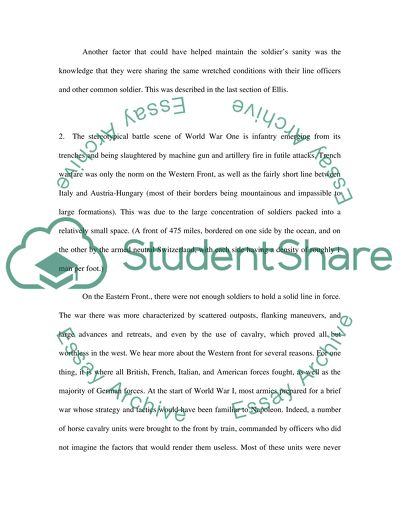Cite this document
(“World War I Poems Book Report/Review Example | Topics and Well Written Essays - 1500 words”, n.d.)
Retrieved from https://studentshare.org/law/1503448-world-war-i-poems
Retrieved from https://studentshare.org/law/1503448-world-war-i-poems
(World War I Poems Book Report/Review Example | Topics and Well Written Essays - 1500 Words)
https://studentshare.org/law/1503448-world-war-i-poems.
https://studentshare.org/law/1503448-world-war-i-poems.
“World War I Poems Book Report/Review Example | Topics and Well Written Essays - 1500 Words”, n.d. https://studentshare.org/law/1503448-world-war-i-poems.


